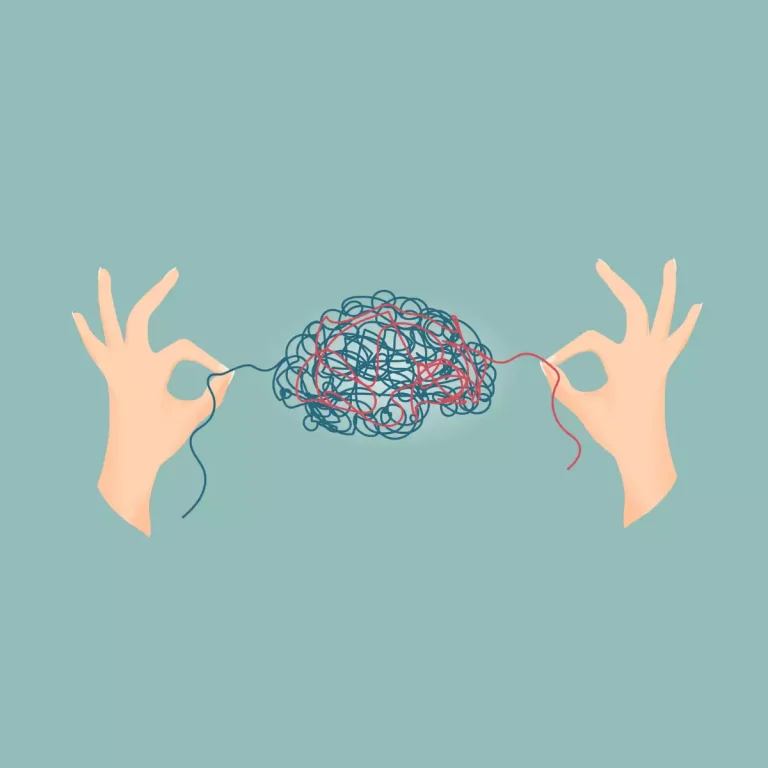Taking care of our mental health is more important than ever. From managing stress to fostering resilience, here are eight strategies to improve your mental well-being:

- Prioritize Self-Care: Make self-care a priority by carving out time each day for activities that bring you joy and relaxation. Whether it’s reading a book, taking a walk in nature, or practicing mindfulness meditation, find what works best for you and incorporate it into your daily routine.
- Stay Active: Regular physical activity has been shown to have numerous benefits for mental health, including reducing symptoms of anxiety and depression and improving overall mood. Aim for at least 30 minutes of moderate exercise most days of the week, whether it’s going for a run, attending a fitness class, or simply taking the stairs instead of the elevator.
- Get Enough Sleep: Adequate sleep is essential for both physical and mental health. Aim for seven to nine hours of quality sleep each night, and establish a regular sleep schedule to regulate your body’s internal clock. Avoiding caffeine and electronic devices before bedtime can also help improve the quality of your sleep.
- Connect with Others: Building and maintaining supportive relationships is crucial for mental well-being. Make an effort to connect with friends, family members, and loved ones regularly, whether it’s through phone calls, video chats, or in-person meetings. Joining clubs or community groups can also provide opportunities to meet new people and foster meaningful connections.
- Practice Gratitude: Cultivating a mindset of gratitude can have a profound impact on your mental health. Take time each day to reflect on the things you’re grateful for, whether it’s a beautiful sunset, a kind gesture from a friend, or a delicious meal. Keeping a gratitude journal can help you stay focused on the positive aspects of your life.
- Set Boundaries: Learning to set boundaries is essential for protecting your mental health and preserving your energy. Be assertive about your needs and limitations, and don’t be afraid to say no to things that drain your resources or cause you stress. Prioritize activities and relationships that nourish you and bring you joy.
- Seek Professional Help: If you’re struggling with your mental health, don’t hesitate to seek professional help. Therapy can provide valuable support and guidance in managing symptoms of anxiety, depression, and other mental health concerns. Psychiatrists can also prescribe medication if necessary, and support groups can offer additional peer support.
- Practice Mindfulness: Mindfulness involves paying attention to the present moment with openness, curiosity, and acceptance. Incorporating mindfulness practices into your daily life, such as meditation, deep breathing exercises, or body scans, can help reduce stress and improve overall well-being.









